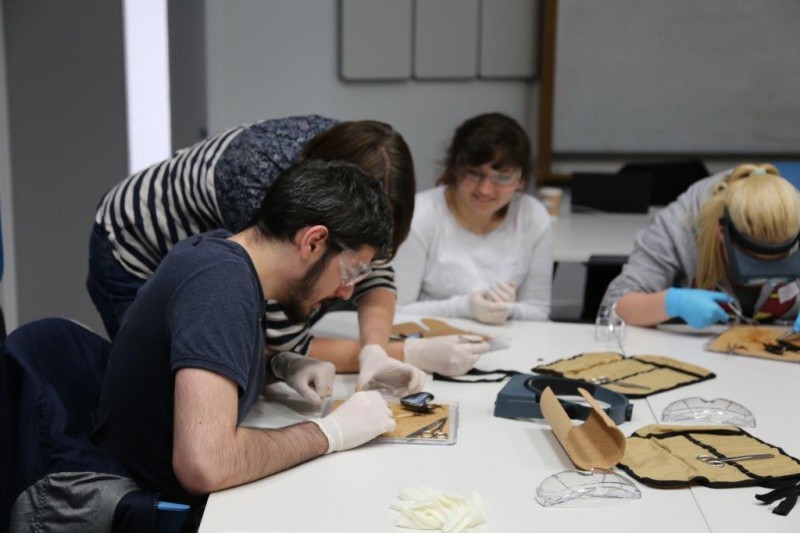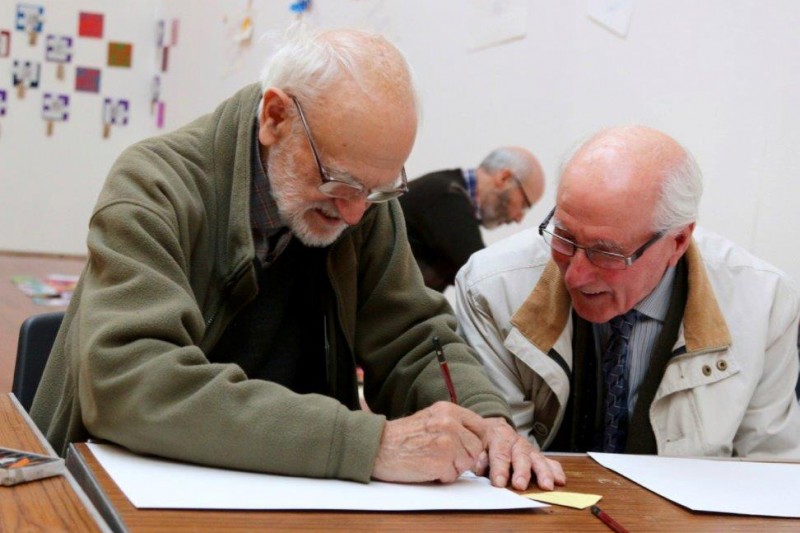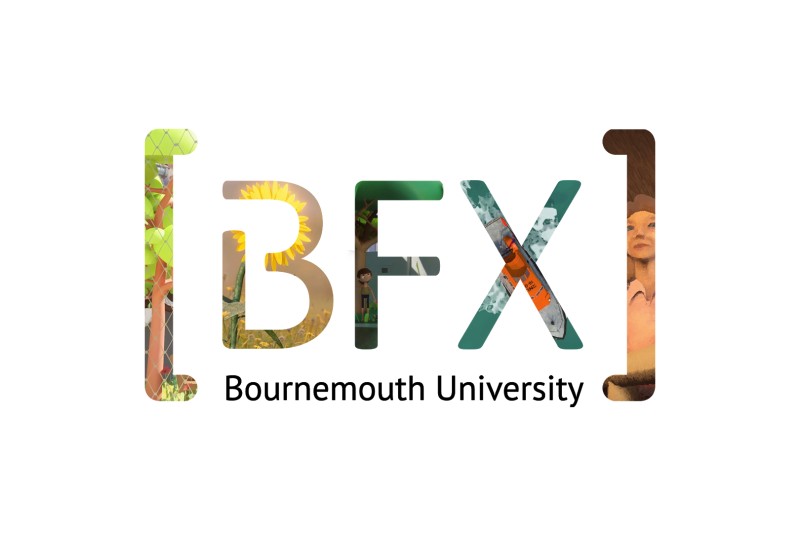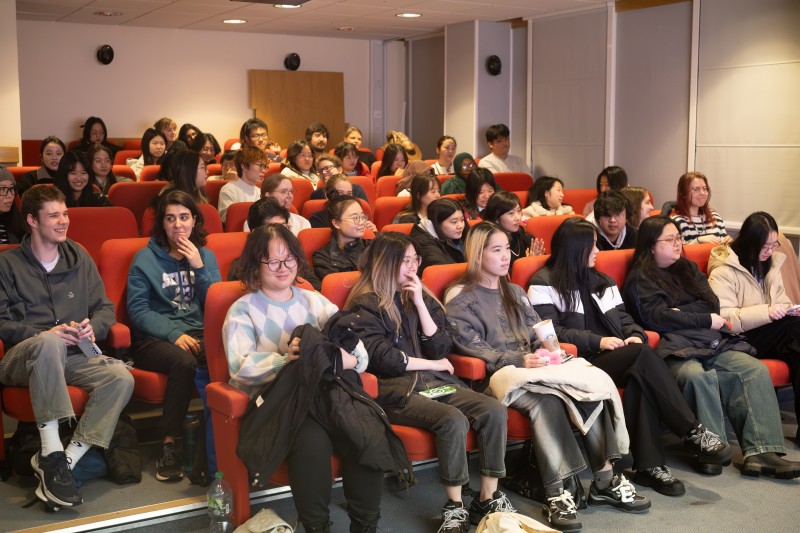When the west Scottish town of Paisley began putting a bid together to become the City of Culture 2021, they wanted to run a number of cultural projects to take place in the town during the application process.
Two BU animation research lecturers, Paul Smith and Vicky Isley, were commissioned by the University of the West of Scotland to create a new digital artwork that represented the town and would link its history, culture and natural environment.
“We wanted to produce an art project which reflected Paisley’s industrial past, natural biodiversity and show how creativity can make a difference to its future,” explains Paul. “Paisley is famous for its connections within the textile industry, but its natural history is much less well known. The White Cart River was once a thriving habitat for the freshwater pearl mussels, which is now extinct in the area, partly because of the success of the local textile industry damaging its natural habitats.”
Vicky Isley
Research Lecturer in Computer Animation
We wanted to work with local people to link Paisley’s past with its future.
Science and art
A key part of the project for Vicky and Paul was this link between science and art. By working with researchers from the University of Glasgow, they developed a better understanding of the ecological importance of the fresh water pearl mussels, which they reflected in their artistic work.
“Over half of the world’s fresh water pearl mussels are found in Scotland’s waters, so it’s an important location for a now critically endangered species,” says Vicky. “We worked with researchers who are trying to better understand the species and local staff from Pearls in Peril, a conservation project who are trying to protect the mussel’s river habitat. The mussels’ pearls inspired our Paisley Pearl exhibition and the community workshops we delivered as part of the project.”
Paisley Pearl
With that in mind, the duo, known as boredomresearch, developed an art project which created a unique new form – inspired by both the iconic Paisley pattern and the freshwater pearl mussel, once indigenous to the area – for each resident of the town via a digital loom. The loom and creative software had the potential to create a Paisley Pearl for each of the 7.4 billion people on earth at the time of the artwork’s launch.
Paul Smith and Vicky Isley discuss their work with the Paisley Museum & Art Gallery
Leading workshops
As part of their digital art commission, Paul and Vicky led three workshops in the local area, with very different groups of people. The first saw undergraduate animation and game students from the University of the West of Scotland dissecting common mussels to learn more about the shapes and textures that could be used to form part of the new Paisley-inspired forms.
“The session took them very much outside of their comfort zone,” says Paul. “Dissection doesn’t often take place in animation classes! We felt it was an important session to do, as it highlighted the interdisciplinary nature of our research and gave our students a much better understanding of the kinds of shapes and textures they could work with''.
“Once they’d dissected the mussels, we asked them to take digital images of the different parts and textures that they’d discovered. These fed into the kinds of shapes and patterns that we later used to form our unique Paisley Pearls.”
Two further workshops saw the team teaching programming to local secondary school children at Johnstone High School and working with Roar: Connections for Life (a community group of retired residents) to explore the lifecycle of the freshwater pearl mussel, in relation to their own lives.
In-depth conversations
“The group of retired residents learned how environmental changes are recorded in the growth rings of the mussel shell,” says Vicky. “These can tell you something about the age of the mussel and their environment; whether it was nutrient rich or not. We ask participants to map their own life experiences, marking out significant events on their own growth ring drawings. This helped us to facilitate in-depth conversations about the ecological significance of the mussel.”
“It was important for us to work with the local community as part of our commission,” continues Vicky. “Through the process of creating our final artwork, we wanted to work with local people to link Paisley’s past with its future.”
Although Paisley was ultimately not chosen as City of Culture 2021, the work that went into the bid has instead been used to boost tourism to the town, helping to tell its story to a new generation of visitors.



